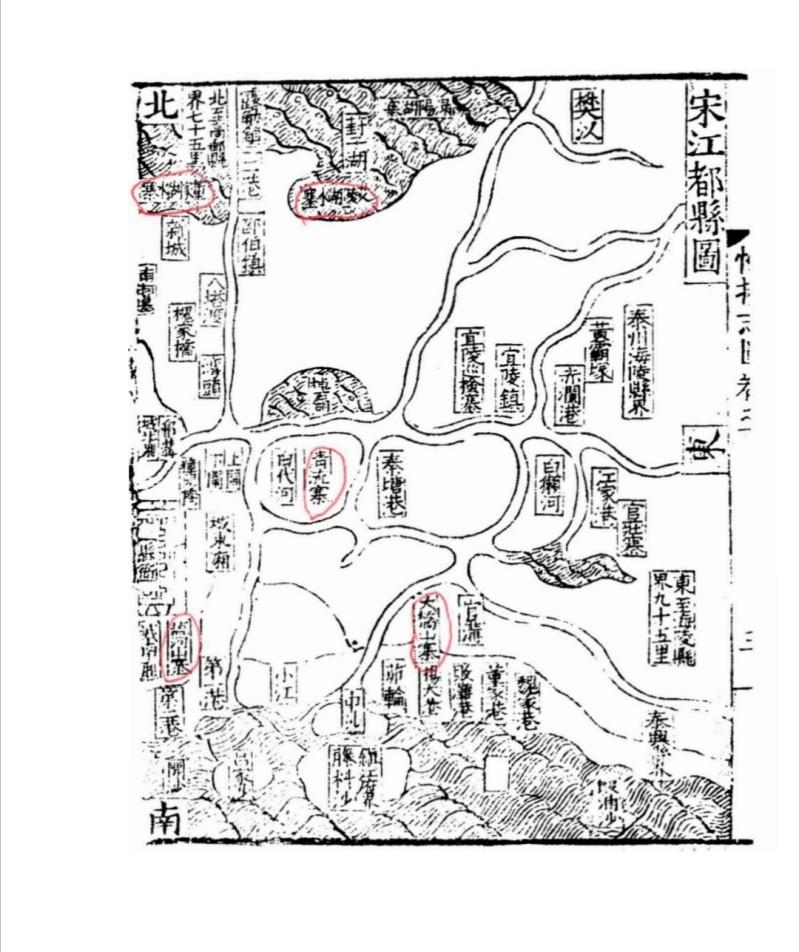In ancient times, Daqiao Town was located on the east coast of the north bank of the Yangtze River, and the beach was flat and flat, a white gravel. When the ancestors came here one after another to reclaim the wasteland, gathered and lived, and lived in prosperity, they were called "White Sand". In the Song Dynasty, a "bridge cottage" was set up here.
According to jiajing wei yangzhi. According to the Military and Political Chronicle, there are thirteen township soldiers in Jiangdu: "Qingliu Village, Tuanwo Village, Xingjiao Village, Guanzhuang Village, Zhugu Village, Daqiao Village, Liangfeng Village, Yanhe Village, Zhongsha Village, Huangsi Lake Village, Eling Lake Village, Xiangyang Lake Village, Dongjia Lake Village." According to the "Wanli Jiangdu County Chronicle", "Song Jiangdu Township Bing Shan Shui Fan Fourteen Institutes." "Song's "Map of Jiangdu County" is marked as "Bridge Cottage" in the current direction of Daqiao Town.

According to the "Wanli Jiangdu County Chronicle", "At the beginning of the country, the defense of the Wo, along the river, the camp forts were built, all in Tongtai and other places. In particular, "Jiajingzhong, Whoever defends, who is defended by the emperors, and who is in charge of the key points in the prefectures and counties, sets up camps." And the establishment of villages in places such as the bridge is because of its "four to the dangerous point, along the river port, close to the market", so "the battlefield of the camp, the thief is dangerous, and the ambush is surprising".
The so-called "Township Soldier Landscape Village" was a military administrative structure of the Song Dynasty. Among them, those who garrison land are called "cottages" and those who have boats on the water are called "water villages". The "cottage" is a semi-permanent fortification built with the garrison as the target. It built stone walls around soldiers' barracks and dug trenches to separate the garrison from the people.
This kind of cottage system integrates solid edges, defense, tun tian, farmland protection, and protection of the people. Because of the normal garrison, in order to effectively solve the supply problem and reduce the logistical pressure, the soldiers are required to cultivate in the fields near the garrison, and at the same time, because of the strong and effective protection of the residents around the cottage, this attracts more villagers to gather around the cottage, and then recruit some township soldiers from the villagers in a timely manner. "The township soldiers, selected from the household register, or recruited by the soldiers, trained in the regiment, thinking that the defensive soldiers were also" Song Shi. Bing Zhi IV." In addition to the task of maintaining local law and order, the township soldiers also serve as an auxiliary force for the garrison, and when the cottage garrison goes out on a campaign, the township soldiers stay in the cottage to avoid worries.
With the passage of time, more and more people lived, farmed, and lived near the cottage, so that the exchange and trading of commodities flourished, thus gradually developing from a market to a prototype of a market town. (Zhu Yuqi)